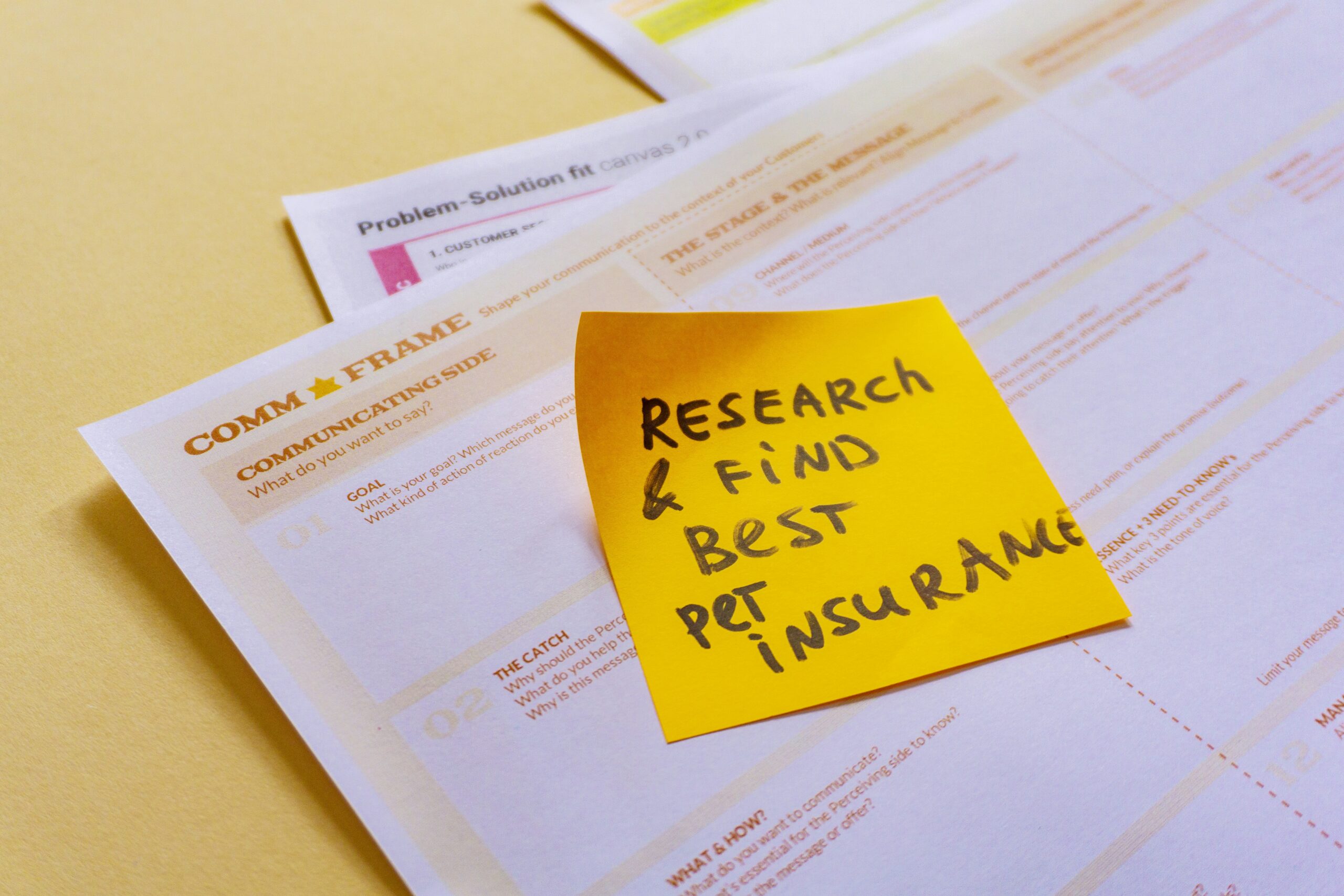
The gig economy has revolutionized the way we work, offering flexibility and independence. However, it also presents unique challenges, particularly when it comes to insurance coverage. Traditional employment models often provide comprehensive benefits, including health insurance, disability insurance, and workers’ compensation. Gig workers, on the other hand, must often fend for themselves.
Understanding the Gaps
Gig workers, whether they’re driving for a ride-sharing service, delivering food, or freelancing as a writer or designer, face a variety of risks. These risks include:

- Accidents: While on the job, gig workers are exposed to accidents that could result in injuries or property damage.
- Liability: If a gig worker causes damage to someone else’s property or injures someone, they could be held liable.
- Income Loss: Illness, injury, or other unforeseen circumstances can disrupt a gig worker’s income.
The Importance of Insurance
To mitigate these risks, gig workers need to have adequate insurance coverage. Here are some key types of insurance to consider:
1. Health Insurance
- Marketplace Plans: Gig workers can purchase health insurance through the Affordable Care Act marketplaces.
- Short-Term Health Insurance: This can provide temporary coverage for specific needs.
- Employer-Sponsored Plans: If you’re working for a company that offers benefits, you may be eligible for health insurance.
2. Liability Insurance
If you are sued for damages, liability insurance protects you against financial loss. This is particularly important for gig workers, who may be held liable for accidents or property damage.
3. Workers’ Compensation Insurance
Traditional workers’ compensation typically covers employees, but gig workers might need to consider other options. Gig workers may need to buy their own workers’ compensation insurance in some states, while others have special provisions for them.
4. Disability Insurance
Disability insurance can provide income replacement if you’re unable to work due to illness or injury. This is crucial for gig workers, as their income can be highly variable.
5. Professional Liability Insurance
If you’re a freelance professional, such as a writer or designer, professional liability insurance can protect you from claims of negligence or errors in your work.
Finding the Right Coverage
Navigating the insurance landscape can be daunting, especially for gig workers. Here are some tips to help you find the right coverage:
- Assess Your Needs: Identify the specific risks you face and the level of coverage you need.
- Research Your Options: Explore different insurance providers and compare policies.
- Consider Bundling: Some insurers offer discounts for bundling multiple policies.
- Consult with an Insurance Agent: An insurance agent can help you understand your options and find the best coverage for your needs.
The Future of Insurance for Gig Workers
As the gig economy keeps expanding, insurance companies will probably create more specialized policies for gig workers. Some companies are already offering creative solutions, such as on-demand insurance that can be purchased for specific gigs.
In the meantime, gig workers need to take proactive steps to protect themselves. You can work with confidence if you are aware of the risks and have the right insurance. Sources and related content

